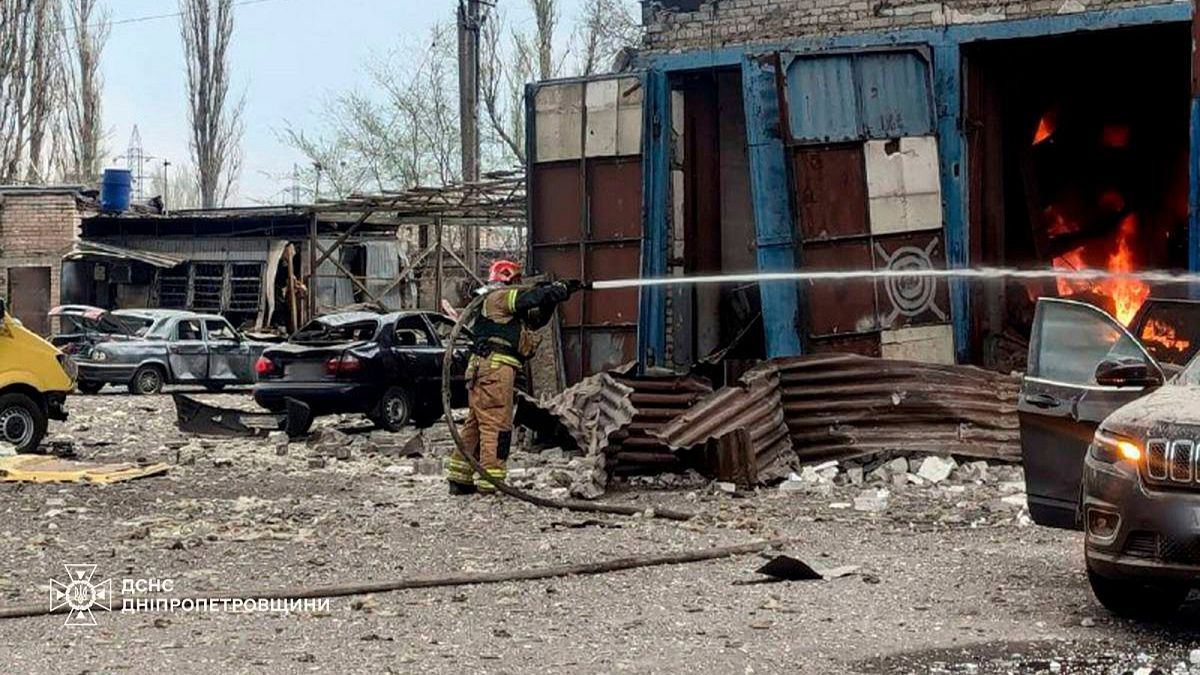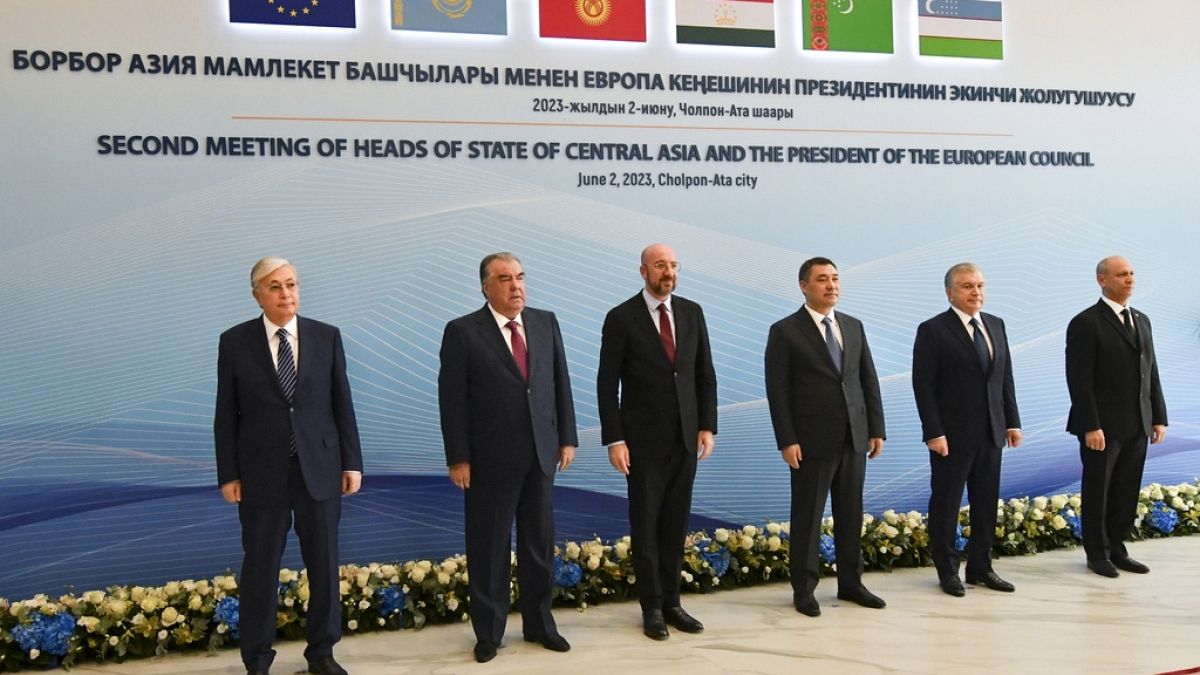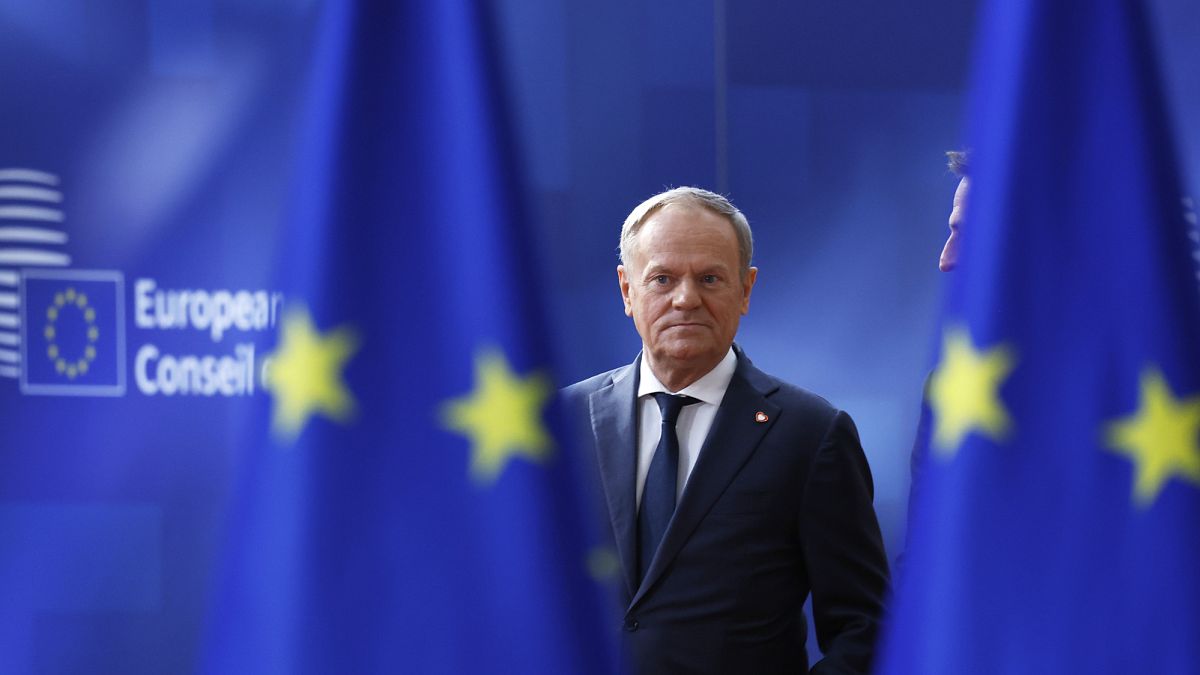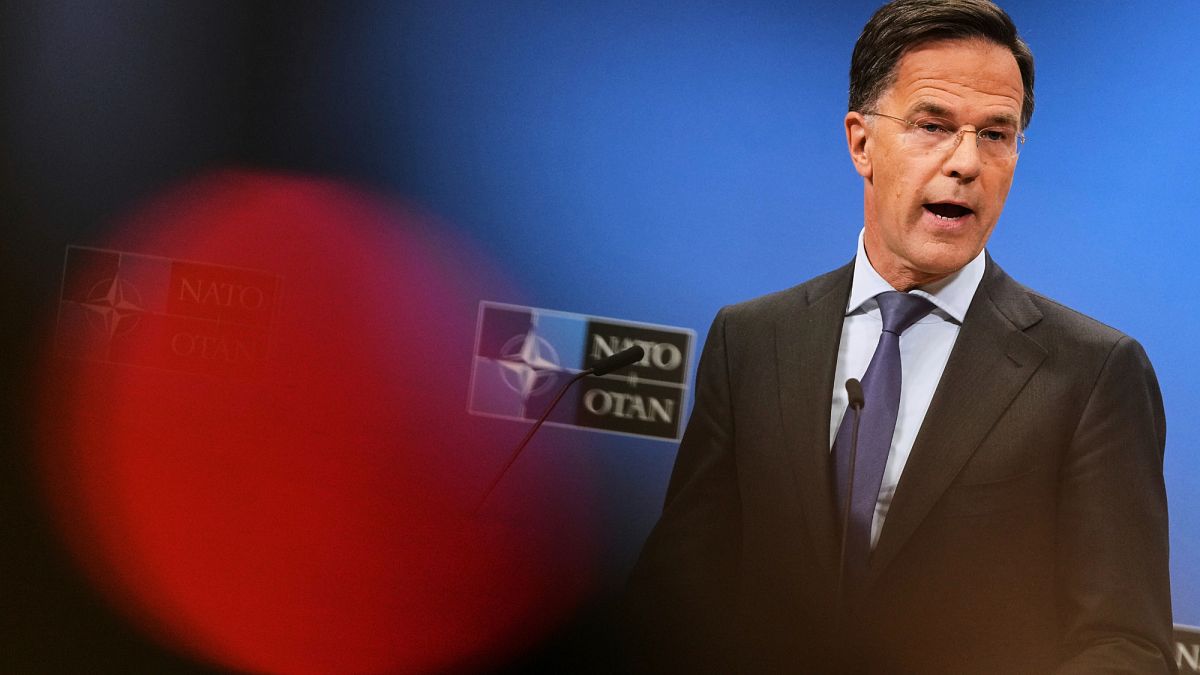The European Parliament's lead negotiator on the next long-term budget, Siegfried Muresan, told Euronews in an interview how he thinks EU money should be spent after 2027.
Linking EU programmes to overall macroeconomic reforms in the bloc's next long-term budget (2028-34) would be a ‘mistake’ because citizens could be affected by their governments' failure to deliver, the MEP leading the file has told Euronews in an interview.
Siegfried Muresan (EPP/Romania) hit back at leaked proposals to reform the budget, seen by Euronews, under which the European Commission is seeking to link budget receipts to economic reforms.
Negotiations on the next Multiannual Financial Framework - the seven-year plan that sets limits on EU spending - are expected to start in the summer of 2025, but the EU Commission is already looking at ideas on how to reform the bloc's long-term budget to make it simpler and more flexible.
Euronews: How could the next long-term EU budget combine old and new funding priorities?
Firstly, we have to recognise that the traditional priorities [cohesion between territories and agriculture] have been important for decades and they continue to be important. Likewise, we have new priorities: the transition to the green economy, to digital economy, research, innovation and our defence, together with the need to protect our borders, so safety and security. We need to find synergies between the two.
We have already used cohesion to make our economy greener, to make it more digital. We should also see how we can use the existing priorities to strengthen competitiveness, which is a new political priority in Europe.
We [also] need to make sure that money is well spent. We need to make sure that money reaches the beneficiaries, that there is transparency. And if there are any irregularities on board, then this be tackled. And then, as people in Europe expect the European Union to do more, to deliver more, to protect them, to strengthen the economy, it is clear that we cannot do more with the same budget.
Euronews: An increase of the budget from where? Do you support the issue of joint debt?
If governments of EU member states expect Europe to do more, it is not serious and it is populistic for them to ask for a smaller budget if they expect Europe to do more. They also have to give the union the tools it needs, and the budget simply is an essential tool.
Secondly, I am aware that governments would not be ready to allocate themselves much more in the budget. I think small increases are realistic, but not big increases. So this is why I think the creation of new own resources [the main sources of revenue for the EU budget] is the best tool that we have to close the gap, but also to make sure that the funding of the union becomes transparent, predictable and stable.
Because now when we decide on the MFF, it is pretty much a negotiation between 27 Member States and the European Parliament with each of the member states wanting to be in as little as possible and receive as much as possible. And it's a very political negotiation. While if we have our own resources, then, the revenues are predictable to everyone. This is clearly the solution in the long term.
When it comes to joint borrowing, I would advise us not to discuss this right now because it is still politically controversial. We have just indebted ourselves with €700 billion [with the post-pandemic recovery funds]. We have to be very cautious about the idea of creating more debt. Plus, it is ideologically dividing right now.
Euronews: There are already clashes between the Parliament and the Council with the 2025 budget when it comes to funding key programmes like Erasmus+ or Horizon Europe, so what kind of budget do you envisage for the period after 2027?
I think we need a budget in which the primary beneficiaries of Europe still feel that they are being taken care of: the programmes for students, for Erasmus scholarships, for research, for farmers, for cohesion still need to be clear and visible.
Defence will be one of the main areas to increase and we also have to support our neighbouring countries, because supporting the neighbours means supporting ourselves. We are seeing right now with Ukraine, we just had a referendum on the European integration of Moldova this week and we succeeded but by a very narrow majority because the Russian Federation was very active and tried to affect Moldova. So that will also be one of the new priorities.
Euronews: What do you think of these draft ideas from the Commission on centralising the EU budget? What could be the impact for them?
I think that would be wrong. I think neglecting the role of regions would be a mistake. I think a budget in which the local and regional level has ownership is a budget which better corresponds to the needs on the ground and is a budget which has a higher chance of being implemented faster. Centralising also means the risk that national governments use the EU budget as a political tool in their hand. And this would also be wrong.
Euronews: In addition to those ideas, there were also some discussions on how this budget should move from a programme-based budget to a policy-based budget. What would be the implications for the funding of EU programmes?
We need a clearer link between our new policy priorities and the budget that is needed. We have also seen with the Recovery and Resilience Facility (RRF) that investments were linked with the reforms. And we saw that through this link, we managed to incentivise reforms which otherwise wouldn't have been done. But I think it would be a mistake to link concrete programmes with overall macroeconomic reforms. I would not want farmers to have EU funds blocked because the government is not doing a pension reform. So let's see how we can incentivise reforms in those specific areas.
Euronews: Is the MFF the right instrument to strengthen our defence and military capabilities?
Our needs on defence will be significant, and one budget alone will not be enough. So, the budget of the Union alone will not be able to provide enough resources. It can be part of the answer.
From the side of the European Parliament, I see that any type of expenditure that we are making at European level, I prefer it to be through the EU budget because that means democratic legitimacy, accountability, it means transparency. So my preference is to find in the EU budget the necessary resources for defence, but I am sure that this will not be enough.

 5 months ago
43
5 months ago
43






 We deliver critical software at unparalleled value and speed to help your business thrive
We deliver critical software at unparalleled value and speed to help your business thrive






 English (US) ·
English (US) ·